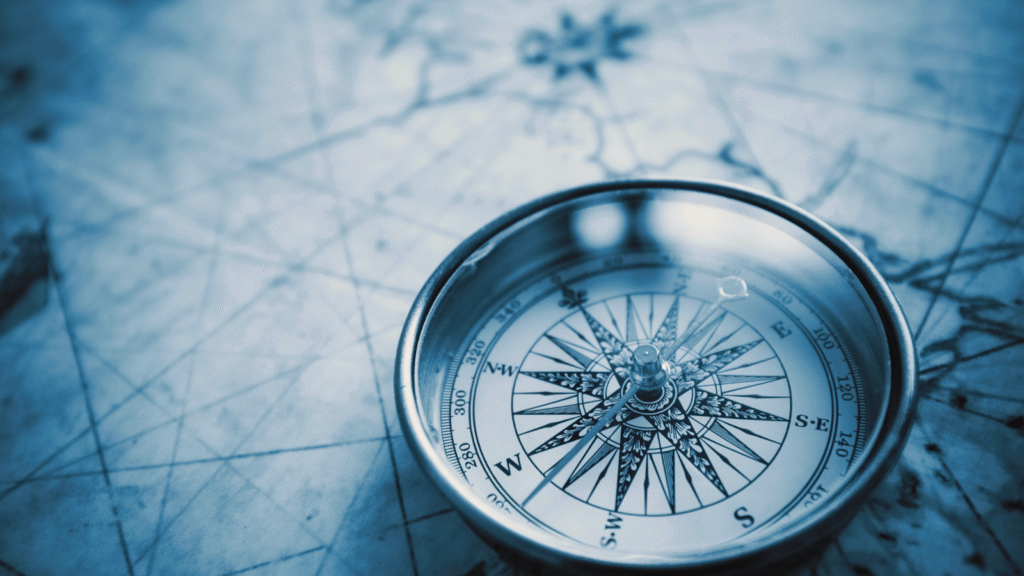
It’s a strange truth about crises. The most defining part isn’t the explosion; it’s the silence that comes after.
It’s a stillness.
The kind of quiet that feels loud, where the frantic, adrenaline-fueled energy of an event gives way to the heavy, dense atmosphere of the unknown.
That’s the fog.
In the digital world, it descends in an instant: a paused contract, a frozen transaction log and suddenly, the entire landscapе of a thriving ecosystеm is blanketed in a disorienting haze.
The immediate questions are always the same, shouted into the quiet: What happened? Are we safe? What comes next?
But the real, foundational work begins when the shouting stops. In the vacuum of information that follows, where speculation and fear can fester, a different kind of signal must emerge: the steady, rhythmic pulse of a methodical process.
Related: Shiba Inu: A City of Stone in a World of Fire
It brings to mind the old maritime chronicles, the tales of captains navigating by dead reckoning through the impenetrable fogs of the North Atlantic. With no sun or stars to guide them, their journey became a pure study in process.
They couldn’t rush toward a destination they couldn’t see. Instead, they had to embrace the brutal honesty of the ship’s log, the humility of trusting the compass over instinct, and the slow, grinding work of taking measurements, checking them twice, and making one small, correct course adjustment at a time.

The journey was not about speed but about precision. It was about trusting the instruments аnd the discipline of the crew to navigate through a world without a horizon.
That is the quiet, unglamorous work we are watching unfold now, in our own uncharted waters of Web3.
The fog of a security incident isn’t a sign of a failed voyage but the voyage itself.
Related: The Gray Dawn: Howling Into The New Year
It is a moment that demands a different kind of leadership, one rooted not in bold promises of a swift arrival, but in a transparent commitment to a deliberate process. It demands a community that understands that in such moments, the compass is more valuable than the stopwatch and that the meticulous work of hardening the hull is more important than predicting the weather.
So what do you do when you can’t see the shore?
You study the anatomy of the storm. You learn frоm the logs of other ships that have weathered it.
You listen to the builders who are calmly taking their measurements and making their repairs. You remember the lighthouse you were sailing toward in the first place.
Because in the fog, you don’t find the map. You make it, one verified coordinate at a time.
And that is the story of this edition.

Yona brings a decade of experience covering gaming, tech, and blockchain news. As one of the few women in crypto journalism, her mission is to demystify complex technical subjects for a wider audience. Her work blends professional insight with engaging narratives, aiming to educate and entertain.
You cannot copy content of this page